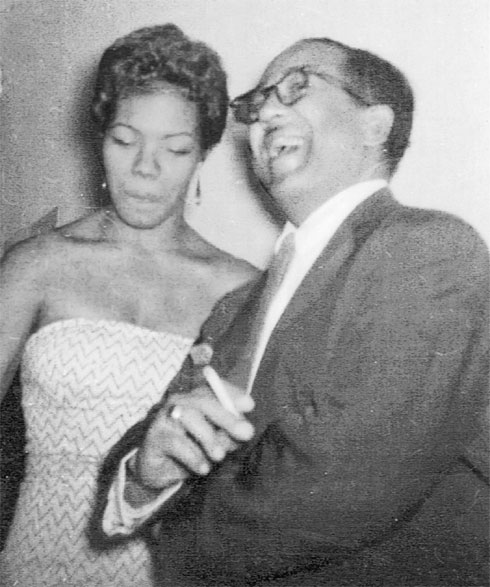When I first identified “The Stormy Daniels Effect” here at Tits and Sass, my theory about the power of sex worker class-consciousness, the Stormy Daniels media cyclone was just beginning to brew. This week, after her 60 Minutes interview on Sunday night, it briefly became a full on news cycle shit storm. Commentary on Daniels… Continue reading The Stormy Daniels Effect, Part II: Post SESTA/FOSTA Edition
Category: News
SESTA Vs. Stormy Daniels
The fact that porn workers have always been popular scapegoats for the broadest strokes of politics and media is hardly news for those who work in the sex industry. There are myths claiming pornography leads to violence and there is the historical fact that porn workers have protected our civil rights. Protecting our First Amendment… Continue reading SESTA Vs. Stormy Daniels
The Erasure of Maya Angelou’s Sex Work History
As Black History Month draws to a close, we thought revisiting Peech’s seminal essay on Maya Angelou would be appropriate. Dr. Maya Angelou, American Poet Laureate, most famous for authoring I Know Why The Caged Bird Sings, passed away at age 86 on May 28th, 2014. Her literary agent Helen Brann confirmed the news to… Continue reading The Erasure of Maya Angelou’s Sex Work History
SESTA’s Growing Threat To The Sex Worker Internet
You can always count on a corporation to look out for its own interests. An existential threat to their business model will even trump the good PR that comes from beating on everyone’s favorite marginalized punching bags, sex workers). So, until recently, major tech companies like Facebook, Amazon, Twitter, and Google opposed SESTA,the Stop Enabling… Continue reading SESTA’s Growing Threat To The Sex Worker Internet
Thinking About Cyntoia And My Black Body
Content warning: this piece contains accounts of child sexual abuse and violence against a sex working minor as well as discussion of structural violence. I spent my teen years selling sex on the internet. I grew up on the Craigslist Erotic Services section, finding men who would pay me for something I didn’t take seriously… Continue reading Thinking About Cyntoia And My Black Body




